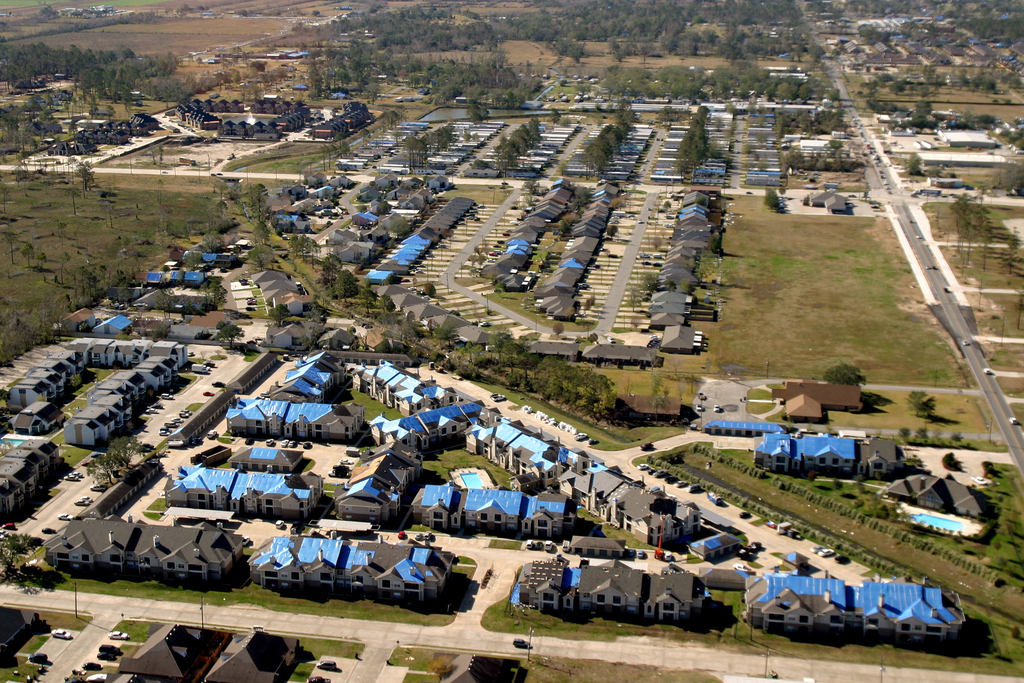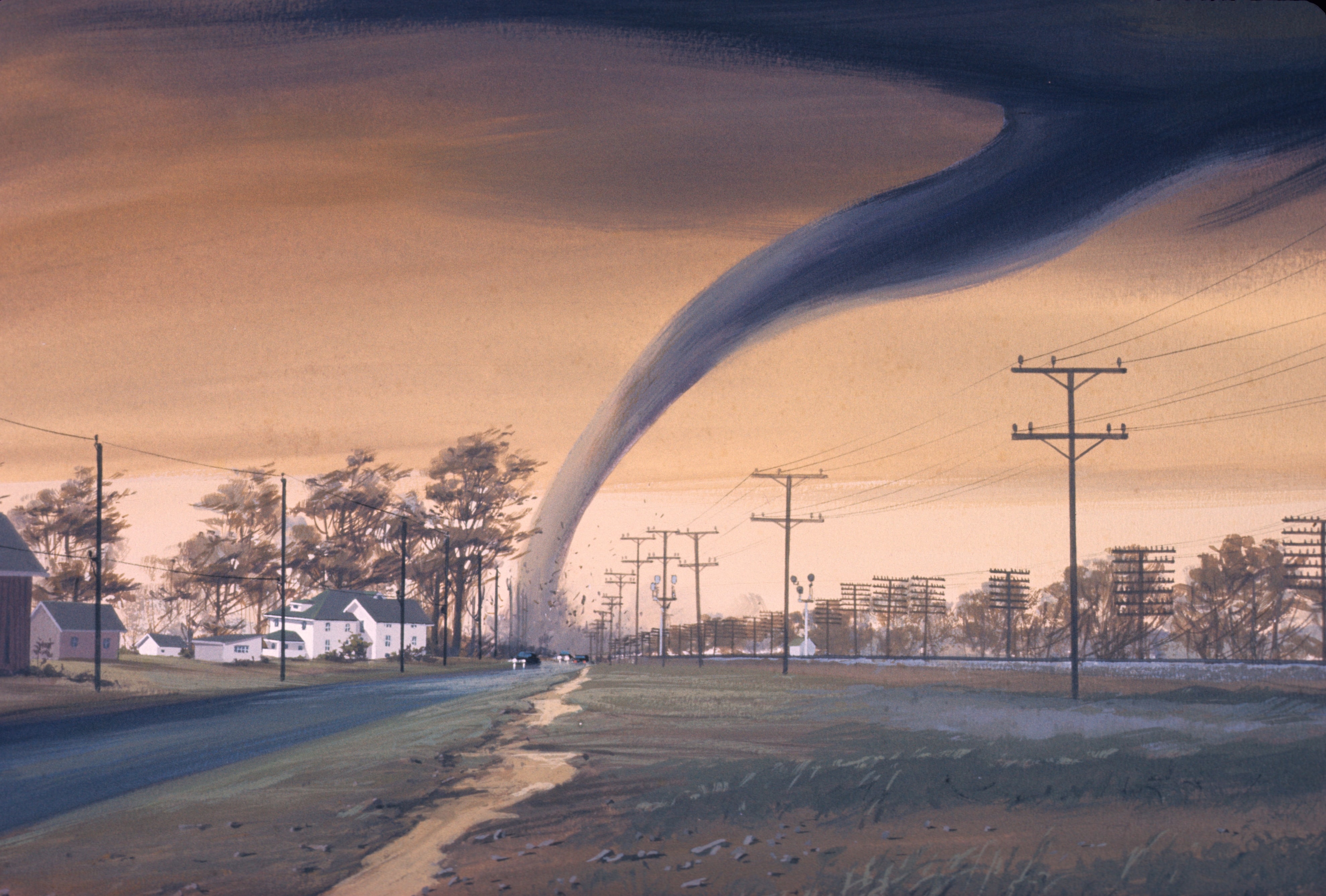You should take steps to prevent further damage to your property, by covering the damaged parts of the roof with tarp or boarding broken windows.
On December 15, 2021, the city of Hartland was devastated by a tornado, the strongest of no less than 16 tornadoes to hit Minnesota that day. That was the first time tornadoes were registered in Minnesota during the month of December. While weather experts analyzed this unique phenomenon, Minnesota homeowners were left scrambling to repair their homes. If there’s something you don’t want it’s broken windows and torn roofs in the middle of winter. However, recovering damages after a tornado or a windstorm is not as easy as people might think. In most cases, it’s preferable to hire a Minnesota insurance claims lawyer right away so you have someone with a good understanding of the law to look out for you and to help you deal with the insurance adjuster.
Is tornado damage covered by homeowners insurance?
In most cases, a standard homeowners insurance will cover tornado damage, but you want to read that policy carefully. Many times insurance policies are written in dense legalese which is almost impossible to understand for the average citizen. Your lawyers will want to examine all the clauses and exclusions in the document so you know how to respond, if, for instance, the insurance adjuster claims there’s a wind exclusion in your policy and you cannot recover damages for your torn roof.
What kind of damages can I recover after a tornado in Minnesota?
If you have tornado coverage, the most common types of damage you can recover include:
- Roof – missing shingles, dents, detached gables, torn away pieces of roof decking and, of course, displaced or blown off roof.
- Walls – cracked interior walls, blown out walls or walls separated from the roof structure
- Floors – water damage and floor cupping
- Foundation – cracking or separation of the foundation caused by the high winds
- Windows – broken windows or damaged panes
You can also seek compensation for the damages to the electrical and plumbing systems. At the same time, your insurer should cover the cost of replacing furniture and appliances damaged by the tornado.
What should I do after the tornado?

You are required to inform the company of the damages your house sustained. Make sure to take plenty of pictures of the property to document the damages. You should take steps to prevent further damage to your property, by covering the damaged parts of the roof with tarp or boarding broken windows. You should never make any permanent repairs until the company sends an adjuster to review the damages.
Call a repair company to get an estimate of the costs.
The company is required by law to investigate a damage report in a timely manner. If they fail to do so, a call from your lawyer will certainly remind them of their obligations.
If you’re not happy with the settlement they’re offering, you don’t have to take it. If you don’t have an attorney, now would be a good time to schedule a free consultation with a trustworthy insurance claims lawyer. Let them negotiate on your behalf as they have a better understanding of the state and federal laws, not to mention enough experience with such claims to know what is a reasonable settlement and what is not.
If your claim is denied, you need to know that such a decision is not final. Your lawyer will help you appeal the ruling. The insurance company is required by law to reexamine the facts and review any additional documents supporting your claim that your lawyer submits at this stage.
A skilled lawyer will be able to negotiate a fair settlement. However, if the insurer adjusters are completely unreasonable you have the option to sue the company and accuse them of acting in bad faith, which is a very serious charge.


Join the conversation!